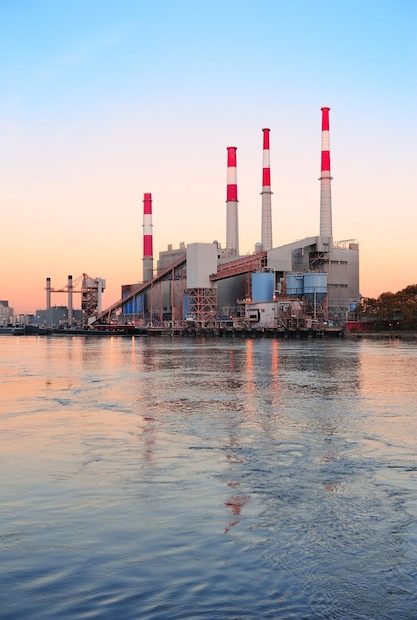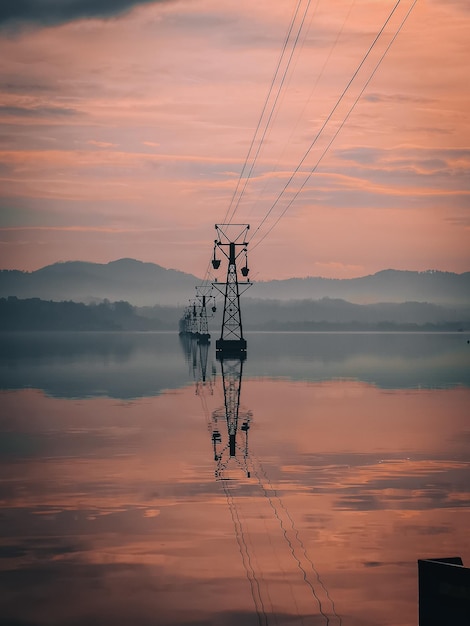Which country gets 99% of its energy from renewables?
Renewable energy has become a crucial focus for countries around the world as they work toward reducing their dependence on fossil fuels and combatting climate change. While many nations are making progress in increasing their share of renewable energy, there is one country that stands out for its remarkable achievements in this area. Iceland, a small island nation located in the North Atlantic, is known for its abundant geothermal and hydroelectric resources, which have enabled it to produce an impressive 99% of its energy from renewable sources.
The Power of Geothermal Energy
Iceland’s unique geographical location provides it with an abundance of geothermal energy. The country sits on top of the Mid-Atlantic Ridge, a tectonic plate boundary where volcanic activity is prevalent. This makes it possible for Iceland to tap into the Earth’s natural heat reservoir and harness it for electricity generation and heating purposes. Geothermal power plants in Iceland utilize this heat by drilling deep into the ground to access superheated water and steam, which drive turbines to generate electricity.
Hydroelectricity: Tapping into the Country’s Water Resources
In addition to geothermal energy, Iceland also benefits from substantial hydroelectric potential. The country’s numerous rivers and glacial lakes provide ideal conditions for the construction of hydroelectric power plants. These plants harness the power of flowing water to generate electricity through the rotation of large turbines. Iceland’s commitment to expanding its hydroelectric capacity has been instrumental in achieving its impressive renewable energy goals.
“Iceland’s success in renewable energy can be attributed to its favorable geological and geographical conditions, as well as its strong commitment to sustainable development,” says Dr. Anna Kristin Jonsdottir, an expert in renewable energy systems.”
An Energy-Independent Nation
Iceland’s reliance on renewable energy has not only allowed it to drastically reduce its greenhouse gas emissions but also made the country largely energy-independent. Unlike many other nations, Iceland does not need to import significant amounts of fossil fuels or rely on external sources for its energy needs. This self-sufficiency grants Iceland a unique advantage in terms of energy security and stability.
Benefits and Challenges
The transition to renewable energy has brought several benefits for Iceland. Firstly, it has created numerous job opportunities in the renewable energy sector, contributing to economic growth and prosperity. Additionally, it has positioned Iceland as a leader in sustainable development and renewable energy technologies, attracting international attention and investment.
However, the path to achieving such a high renewable energy share has not been without challenges. The intermittency of renewable energy sources, such as wind and solar, poses a technological barrier, as these sources cannot always provide a consistent supply of electricity. Moreover, the initial investment costs of building renewable energy infrastructure can be substantial. Nevertheless, Iceland’s success serves as a testament to the fact that with the right conditions, political will, and long-term planning, countries can achieve remarkable progress in transitioning to renewable energy.
Which country is almost 100% run on renewable energy?
The Rise of Renewable Energy
Renewable energy has become increasingly important as the world seeks to reduce its dependence on fossil fuels and combat climate change. Many countries have made significant strides in adopting renewable energy sources, but there is one country that stands out for its remarkable achievement in this area.
Iceland: A Renewable Energy Powerhouse
Iceland is a small island nation located in the North Atlantic. Despite its small population and limited resources, Iceland has managed to achieve almost 100% reliance on renewable energy sources, making it a global leader in sustainable energy production.
Geothermal Energy
One of the key factors contributing to Iceland’s renewable energy success is its abundant geothermal resources. Geothermal energy harnesses the heat from beneath the Earth’s surface to generate electricity and heat buildings. Iceland’s unique location on the Mid-Atlantic Ridge makes it highly geologically active, resulting in a wealth of geothermal energy potential.
Hydropower
In addition to geothermal energy, Iceland also relies heavily on hydropower. The country’s numerous rivers and glacial meltwater provide a consistent and reliable source of renewable energy. Iceland’s largest hydroelectric power plant, the Kárahnjúkar Hydropower Plant, plays a significant role in meeting the country’s energy needs.
Wind and Solar Energy
While geothermal and hydropower dominate Iceland’s renewable energy landscape, the country is also exploring wind and solar energy options. Although these sources currently make up a smaller percentage of Iceland’s energy mix, ongoing research and development projects aim to further increase their contribution in the future.
Economic and Environmental Benefits
Iceland’s commitment to renewable energy has brought about numerous benefits. Not only does the country enjoy energy independence, but it has also achieved significant reductions in greenhouse gas emissions. Additionally, the renewable energy sector has created jobs and stimulated economic growth.
A Global Inspiration
Iceland’s success story serves as an inspiration for other nations striving to transition to a more sustainable energy future. It demonstrates that even with limited resources, countries can harness the power of renewable energy to meet their energy needs while minimizing their environmental impact.
“Renewable energy is not just about reducing carbon emissions. It is also about providing affordable electricity and promoting economic development.” – Ólafur Ragnar Grímsson, Former President of Iceland
In conclusion, Iceland is the country that is almost 100% run on renewable energy. Its reliance on geothermal and hydropower, coupled with ongoing exploration of wind and solar energy, has allowed the nation to achieve remarkable progress in sustainable energy production. Iceland’s success not only benefits its own population but also serves as a global inspiration for transitioning to a renewable energy future.



